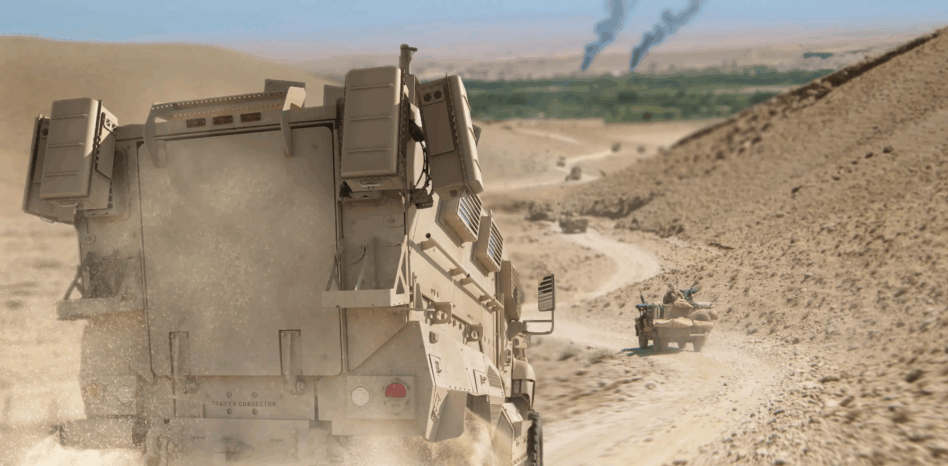If you’re worried about money in defense tech drying up, well, don’t worry quite yet.
Today, in an exclusive release to Tectonic, VC firm Veteran Ventures Capital, which focuses on veteran-run dual-use startups, announced it has closed an oversubscribed $60M Fund II, tripling the size of its first fund.
Big trust: Veteran Ventures was founded right before the pandemic by a group of defense tech-obsessed vets who, by their own admission, did not have very much experience investing. Regardless, they were able to close a $20M Fund I in 2019.
“None of us had ever been VCs before, so it was a proof-of-concept fund,” VVC GP Steve Kiser told Tectonic. “We’re all either veterans or have been closely associated with the DoD for over 100 years [collectively], and two of our GPs were finance and budget officers, so Fund I was literally—‘Trust us. We know what we’re doing.’”
That trust seems to have paid off: Their 14 Fund I portfolio companies secured over $180M in non-dilutive funding—10X their leverage ratio. That’s good news for their LPs, which include Virginia’s Innovation Partnership Corporation, the State of Tennessee, and the family office of NGP Energy Capital CEO Ken Hersh—VVC’s anchor investor.
In the trenches: VVC says they’re successful because they’re willing to do more than just sign checks. “We will actually sharpen our pencils and help write proposals,” Kiser said. “We get in the trenches with our founders, and because of that, our win rate was about 80% in Fund I for all of the contracts that we went after. That was our value-add.”
Their Fund I featured 14 up-and-comers in the defense and space tech world, but they do have some favorites:
- Asylon Robotics, which pairs drones with UGVs for perimeter security and recently raised a $24M Series B.
- Hidden Level, a c-UAS and aerial threat-tracking company that was recently named a finalist in DIU’s Low-Cost Sensing Challenge. It’s also VVC’s “favorite child” and “a standout in our Fund I portfolio, both in terms of capital progression and operational impact,” GP Craig Jaques said (but don’t worry, he added that “we love all of our kids”).
Space cadets: While VVC has six core focus areas—space, c-UAS, quantum, robotics, edge computing, material sciences, and cyber—the first is emerging as a Fund II favorite.
“The tailwinds behind space tech are greater than they’ve ever been,” Jaques told Tectonic. “We’re taking the opportunity to identify the companies that are best suited to ride that while being cognizant of not being over-concentrated in any one sector.”
Still, they’ve jumped out of the gate with starry eyes, investing in two space tech companies even before announcing Fund II:
- Turion Space: A satellite startup focused on low-cost imaging and real-time space domain awareness.
- Agile Space: An in-space chemical propulsion startup making thrusters and rocket engines using additive manufacturing, a la Ursa Major.
These two bring the total funding secured by portcos across their two funds to $250M. Not bad for a fund with scrappy beginnings.
Jaques said the firm is planning a “high deployment cadence for the next 12 to 24 months” and expects to add around 15 new companies to the portfolio. “We’re at an all-you-can-eat buffet right now,” Kiser added.
Mission-driven: But at the end of the day, both Kiser and Jaques emphasized that their investment thesis—targeting companies run by veterans—is a personal one.
“Veterans make great entrepreneurs, and we all saw firsthand the value of a technological advantage on the battlefield,” Kiser said. “One of my favorite commanders said, ‘I never want to be in a fair fight.’ We have to rely on our most innovative startups to create the technological innovations that do that.”

